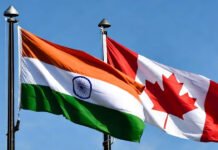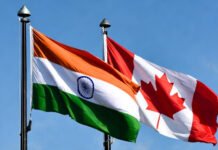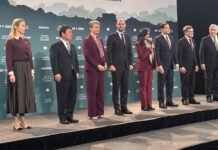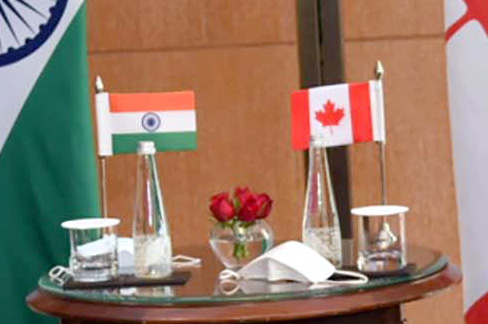“I really didn’t expect this kind of welcome,” said the soft-spoken Kieng. The surprise was understandable. Other lands have not been as welcoming to Kieng, his wife Thaury and their three children. A total of 105 refugees will arrive in Canada before the end of the year, as part of an agreement with the federal government initiated during talks with the Vietnamese community that began in 2005.
What is remarkable is that it took decades for the group to find a home, making them arguably among the world’s most forgotten refugees.“These people have been living in the shadows, and now it’s time to live in the light,” said James Nguyen president of the Vietnamese Association of Toronto. “This is an emotional time for the entire community.” Kieng and his family were among the so-called “boat people” who left their country to escape the Communist regime. After the fall of Saigon in 1975, close to a million people fled to other lands.
In Canada, 60,000 refugees from the Indochina area were resettled here in less than two years starting in 1979. Many others, like Kieng, entered nearby Thailand where they remained stateless. “It was a difficult time. I sold fruit. I sold clothes on the street. I did whatever I could do to survive,” said Kieng. Kieng eventually found work at several non-governmental agencies where he learned English. But because he was not a citizen, he could not work legally or receive basic benefits.
Another family, Thong Kim Ha, 52, and his wife Le, 40, said through an interpreter that they were “very happy, very emotional” to see so many people to greet them.
They had one big wish for their future in Canada: That their two children, ages 14 and 13, would be able to go to school. “They have not been able to go to get an education because they are illegal,” said Le. She was given a Canadian flag by Brampton-Springdale MP Parm Gill, who was there to greet the newcomers on behalf of the government. The Harper government has been the subject of much criticism for their stance on refugee claimants. Earlier this year a Federal Court ruled that cutbacks in refugee health care were unconstitutional because they constituted “cruel and unusual” treatment.
When asked about the government’s track record on refugees, Gill said Canada had “done more than our fair share” of accepting immigrants. “I was an immigrant, too. Canada was built on immigrants,” said Gill. The acceptance of the Vietnamese refugees, however, is certainly a bright spot.
“We are grateful to the government. But by no means is the taxpayer responsible. They will not be a burden on society,” said Nguyen. “The deal was that the Vietnamese community would look after them.” Canada accepted the refugees on the condition that they would be self sufficient, says Nguyen. Another 28 are expected at the end of the month, followed by 39 more before the end of the year.
Nguyen says the community has already raised $200,000 for the families through dinners and other fundraisers. He says they have found the majority of the new refugees jobs and lodging. Each family also has a minimum of five sponsors that are supposed to help with funding as a stopgap. Nguyen himself was a refugee, leaving Vietnam for a Malaysian camp at the age of six. After six months, he arrived in Edmonton. “It was a moment that changed my life forever. And now it’s time to pass it on.”

















